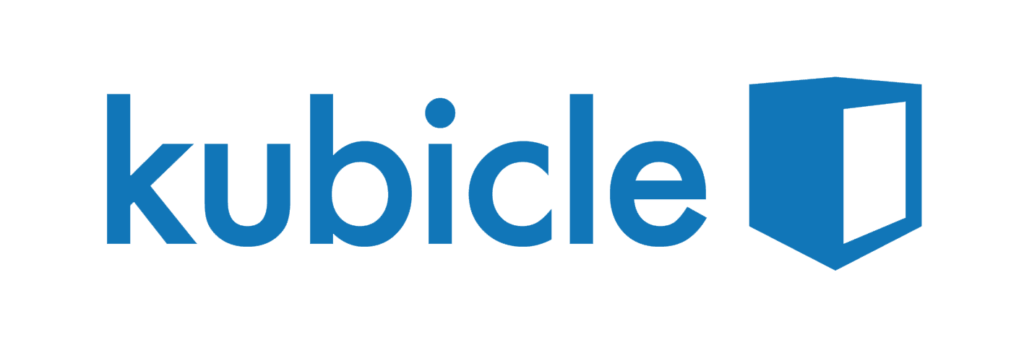Ensure responsible and effective use of AI in your organization with our comprehensive and easy-to-implement Generative AI Company Use Policy. This shareable policy provides clear guidelines and best practices, helping you avoid costly missteps and fully harness the power of AI in the workplace. Use this policy template to establish a stance on generative AI tools, like ChatGPT, for your workplace.
Download the Template
Clients Who Trust Kubicle





What’s Inside
The Artificial Intelligence Acceptable Use Policy (AUP) provides guidelines and best practices for the responsible use of AI within an organization. It aims to promote innovative AI application while minimizing risks such as misuse, unethical outcomes, biases, inaccuracies, and breaches of information security.
The policy covers various aspects:
- Purpose: Clearly articulates the intention of the AUP to establish guidelines for responsible AI use.
- Scope: Outlines the individuals and entities authorized to access and use AI on behalf of the company.
- Policy: Provides recommended best practices and guidelines that employees should follow.
Key considerations within the policy include:
- Evaluation and Approved Usage: Employees should evaluate AI tools’ security, terms of service, and privacy policies. The IT department may have an evaluation process in place, requiring employees to check the approved software list and submit an IT request for new platforms.
- Compliance with Security Policies: Employees must adhere to security policies, including using strong passwords, allowing security updates, and following relevant policies. Sharing login credentials or security information with third-party tools is strictly prohibited.
- Data Security and Confidentiality: Employees must comply with data protection policies when using generative AI. Sensitive or personal data should be anonymized or encrypted to protect confidentiality. The policy should include a process for reporting data breaches in line with the company’s data protection guidelines.
- Appropriate Use: Employees should follow the appropriate use policies provided by AI tools. Engaging in harmful, offensive, or discriminatory content creation through AI tools is not only a violation of terms of service but may also be illegal. Training and guidance should be provided to prevent such misuse.
- Identifying and Mitigating Bias: To address biases in AI outputs, regular reviews by diverse stakeholders, training on algorithmic biases, and collaboration with AI platform vendors are recommended. There is also a connection to Diversity, Equity, and Inclusion (DE&I) policies.
- Verifying Accuracy: Employees should critically review information obtained from AI tools and cross-reference it with reliable sources to ensure accuracy and avoid spreading misinformation.
- Transparency: The policy should address the question of whether individuals have the right to know if content has been generated by AI. Disclosure guidelines should be outlined to address concerns in various work contexts.
- Training: Companies in highly regulated or advisory sectors are encouraged to incorporate training programs for AI use. Details regarding the frequency, delivery methods, and a responsible internal champion should be included.
- Intellectual Property: Employees must respect intellectual property rights (IPRs) in accordance with international, local laws, and company guidelines. The policy should address avoiding plagiarism or IPR infringements and consider the requirement for attribution to AI-generated content.
- Reporting Misuse or Concerns: Employees should be encouraged to report any misuse or concerns related to the inappropriate use of AI tools through provided channels.
- Statement of Acceptance: All staff members should read and understand the policy, and a statement of acceptance can reinforce their responsibilities. Alternatively, employees may be asked to sign and date the policy.
Disclaimer: The information provided on this website does not, and is not intended to, constitute legal advice; instead, all information, content, and materials available on this site are for general informational purposes only. Information on this website may not constitute the most up-to-date legal or other information. We advise anyone using this AI Policy template seek their own personal advice before implementing. Use of this template indicates acceptance of this disclaimer.

